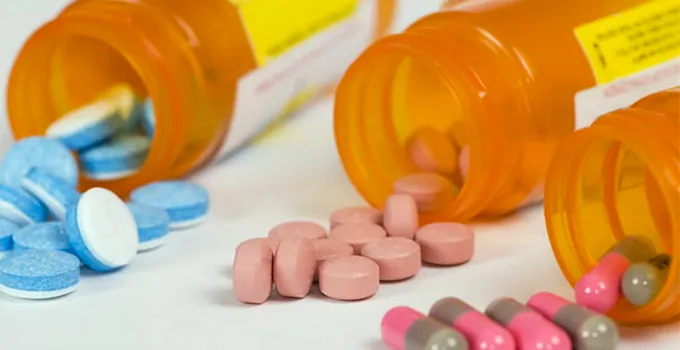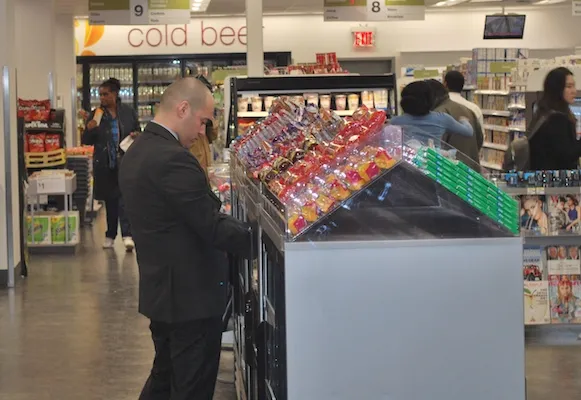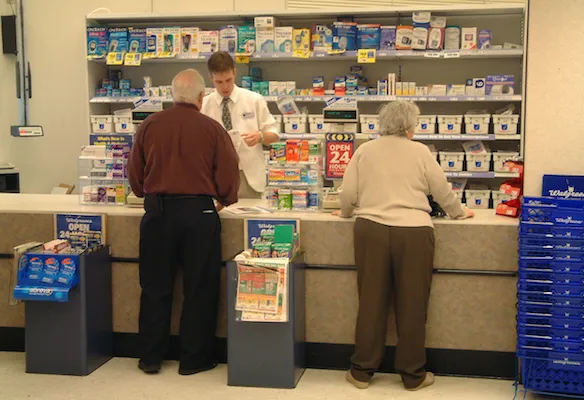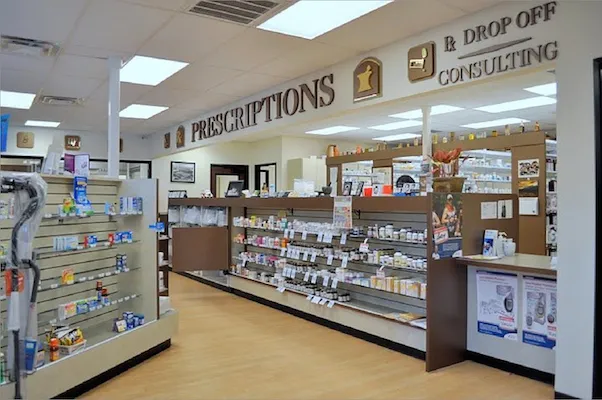
Some recently released research uncovered a couple of disconcerting trends concerning prescription drugs.
Lawsuit ads targeting prescription drugs and medical devices have caused at least 61 serious medical events, including six deaths, according to a report from the U.S. Chamber Institute for Legal Reform (ILR). This marks an increase from previous reports, ILR said.
Titled “Bad for Your Health: Lawsuit Advertising Implications and Solutions”, the study cites a Food and Drug Administration report that patients stopped taking prescribed medications after seeing ads promoting lawsuits against the manufacturers of the drugs. That comes in the wake of another report revealing that at least 30 people suffered serious medical problems because they stopped taking the blood thinner Xarelto without their approval from their doctors after seeing related lawsuit commercials.
“Plaintiff lawyer ads targeting prescription drugs are frightening people out of taking prescribed medicines and, in some cases, even scaring them to death,” commented Lisa Rickard, president of ILR. “The ads illustrate that the modern litigation landscape resembles a jungle more than ever, and the plaintiffs’ bar sees businesses as the prey.”
Meanwhile, a survey of more than 1,000 U.S. adults conducted for PBM Prime Therapeutics found that few safely dispose of unused opioid painkillers, often because they don’t know how to do so.
The poll showed that 25% of adults keep unused opioids instead of disposing of them, and only 27% of those who do discard old medication use a take-back program for safe disposal of controlled substances. What’s more, just 17% had spoken with a health professional about how to safely dispose of unused opioid drugs.
And even more alarming: 50% of adults are concerned about becoming addicted to opioids if they are prescribed one, with 28% indicating that they’re very concerned. Though 51% of respondents said they’ve taken opioids, only 25% of opioid users reported having spoken with a health professional about the potential for addiction after receiving an opioid prescription.
“There is opportunity to maximize tools available today and fully inform patients of the risks of controlled substances while providing access to overdose and addiction resources if needed,” stated Jonathan Gavras, chief medical officer for Prime Therapeutics. “The opioid crisis is claiming thousands of lives a year, and everyone needs to do more to help ensure safe pain management and prevent abuse and misuse. Our survey finds perhaps there’s room for more solutions and greater diligence to help educate patients about opioids.”









